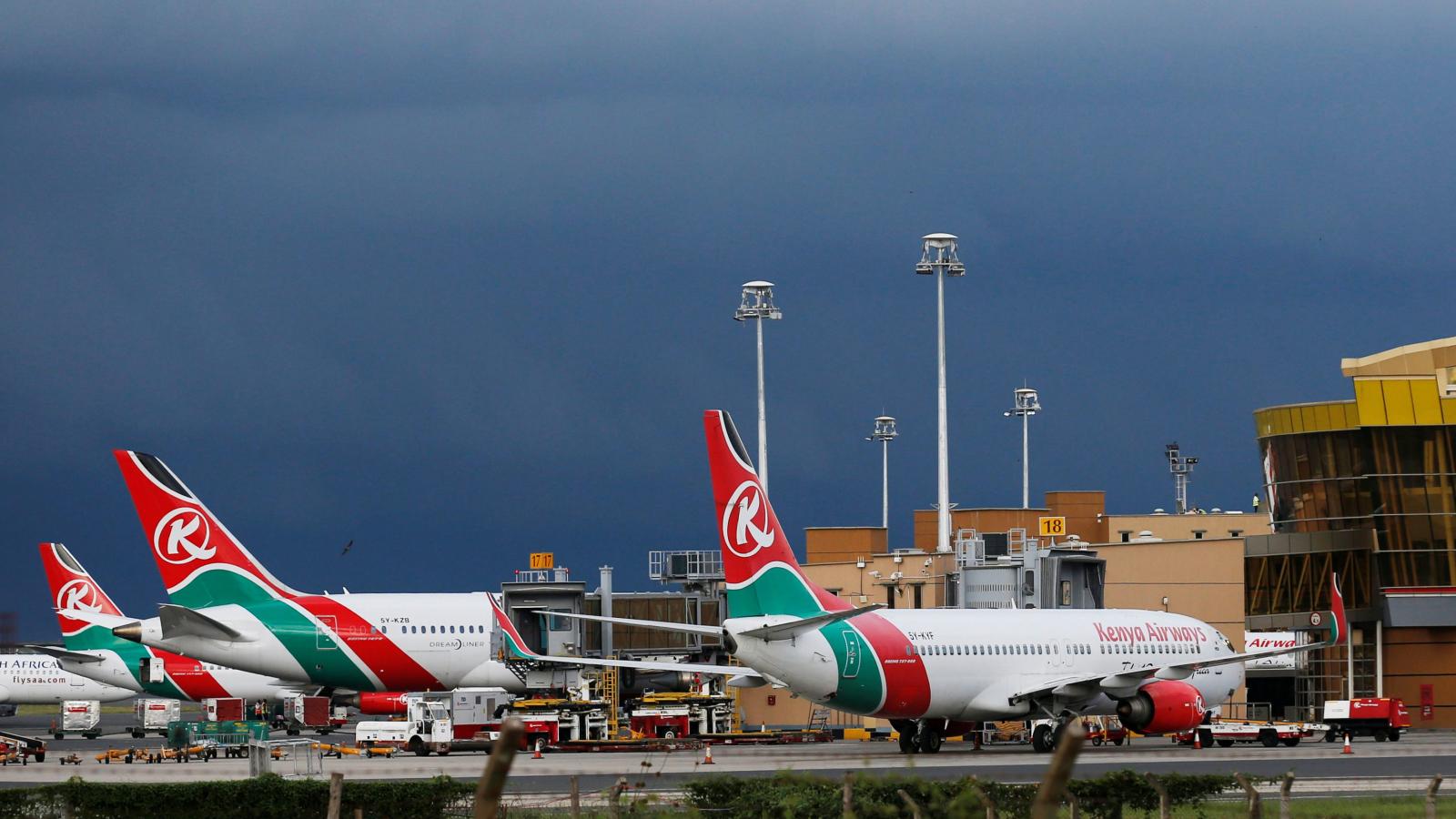COVID-19 will alter our travel habits for the foreseeable future. Some countries on the African continent, most notably Malawi, remain shut in the short to medium term. The majority, on the other hand, remain open to tourists.
However, by taking a few precautions and planning ahead of time, you can prevent many hassles and have a stress-free vacation. The most important thing is to book with the authorised service providers and educate yourself on the regulations you’ll need to follow and keep up with these rules as they change daily.
Also read: Why The African Diaspora Is Returning Home Without Looking Back
There have been many inquiries from prospective visitors who want to visit Africa as the world begins to open up. The massive vaccine rollouts have helped increase confidence in the desire to travel again. To assist you to overcome worries like cancelling trips, getting insurance, and where you can travel, we’ve produced a list of frequently asked questions regarding travelling to African destinations.
Is it possible for me to travel to Africa?

Kenya Airways. [Photo: Quartz]
What if I’m unable to provide the PCR Covid-19 test?
Unfortunately, you will not enter any African country if you do not possess a negative PCR Covid-19 test. If you cannot obtain your test in the stipulated time frame, we suggest that you purchase the most flexible ticket that you can afford. Most African airlines will allow you to reschedule your travel dates at the last minute and even change your destination if you get the jitters before leaving home. Many flights will also reimburse if government regulations prohibit flying since conditions could change at any moment.
How do I go about getting insurance?
The year 2020 will be remembered when individuals realised the importance of having adequate travel insurance.
For some visitors, trip protection and travel delay coverage may be sufficient. However, if you want extra peace of mind, a “cancel for any reason” travel insurance upgrade is the safest method to protect your trip. The cost of this coverage, also known as CFAR, is typically 40% more than a conventional insurance policy. However, you’ll be able to cancel at any time, whether there’s a global pandemic or you’ve changed your mind about taking that trip.
Also read: Why The Kilimanjaro, Serengeti And Zanzibar Stand As Africa’s Most Prized Assets
What if I am unable to travel?
Suppose your country of residency or departure imposes an international travel prohibition. In that case, you can postpone your trip until the day before your scheduled departure without incurring any penalty (as long as you rebook within the following 12 months). If you can’t travel because you’re in self-isolation or have Covid-19 symptoms, you can postpone your trip without penalty. On a case-by-case basis, refunds will be given.
Is quarantine required when I return?
You’ll need to keep checking the travel limitations of your own country or state. At the moment, travellers must quarantine for five days after returning from any country that is not part of a travel corridor (and must take a test upon their return). The good news is that because countries such as Namibia are part of a transit corridor, the UK and many European visitors do not need to be quarantined.
Is travelling to Africa risky?
African countries are taking Covid-19 very seriously and have put numerous controls to help prevent the risk of contracting the virus. You will be required to mask up as well as practice social distancing. The use of hand sanitisers
Whilst some countries, notably South Africa and most Southern African countries, seem to have been put on the covid-19 blacklist due to positive cases of the Indian variant, the rest of Africa is open to receive visitors. If you find yourself in the blacklisted countries, you might be required to quarantine for up to two weeks when you return to your home country.
Quarantine regulations
Tourists and non-residents will be obliged to self-quarantine for ten days upon your arrival. You will be compelled to quarantine at your own expense if you display COVID-19-like symptoms when you arrive or come from a high-risk country such as India.
Citizens and residents who do not have a negative test result or show symptoms of COVID-19 upon arrival will be quarantined for ten days at their own expense at a specified hotel or another specified quarantine facility and then released after the COVID-19 test is negative.
Travelling to Africa after Getting the COVID-19 Vaccine
You might Have gotten your Covid-19 jab and wondering if you needed to take COVID-19 tests. The answer is yes; you will need to follow current health and safety measures when travelling to Africa after receiving the vaccine. This is because experts need to understand more about how effective a COVID-19 vaccination is in real-world situations before allowing people to let down their guard. In the meantime, we are keeping track of developments in travel after vaccination and will provide updates as soon as we obtain more information.
Africa is opening up and is gearing up for the imminent arrival of more tourists. This is the best time to visit the continent. There are many early bird deals on offer. Be sure to look up the requirements of the particular countries you intend to visit to avoid inconveniences before making a booking. Happy Travels








